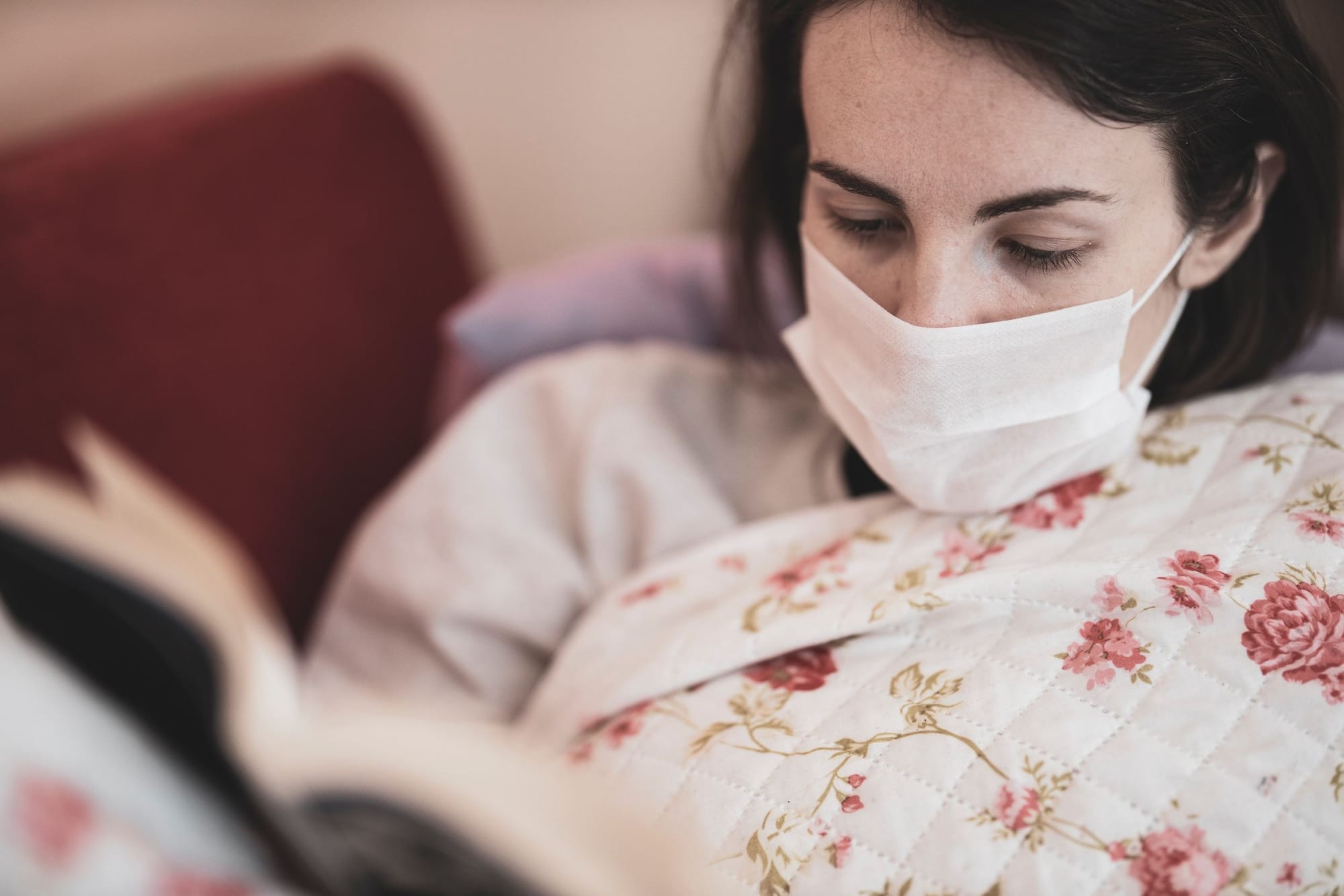ERAS-Laparoscopy

Preparation for Enhanced Recovery after Minimally Invasive Surgery
Prior to Surgery
• You may be given a short exercise regimen to help prepare for surgery. Please do the exercises as instructed.
• On the day before surgery there are no dietary restrictions and you may eat what you like. You can eat a light meal (broth) up to 6 hours before surgery.
• Starting at midnight the night before your surgery, you may continue to drink clear liquids only.
• If you were given Boost Breeze®, a carbohydrate rich beverage, you should consume it between 2 and 4 hours prior to surgery.
• You can substitute 16 oz of Gatorade® or filtered apple juice for Boost Breeze®.
• You must stop drinking 2 hours prior to surgery. If you continue to drink, or drink anything other than water or Boost Breeze® between midnight and 2 hours prior to your surgery, your surgery will be canceled for safety reasons.
The Evening of Surgery
• It is possible that you may go home the same day as your surgery if you are feeling well enough and your pain is controlled. In that event, you will receive discharge instructions before you go home.
• If you stay overnight your nurse will help you out of bed 6 hours after surgery.
• Your bladder catheter will be removed at the time of surgery up to 6 hours after surgery and you will be able to urinate on your own.
• You will have access to oral pain medications to ensure that you are as comfortable as possible.
The Morning After Surgery
• You will likely be able to eat a regular diet as the first meal following your surgery.
• If you stay overnight in the hospital or are discharged the same day, a responsible adult must be available to receive instructors about your care and to drive you home.
• Depending on your type of surgery, your surgeon may ask that you use an injectable medicine at home to prevent blood clots. On the morning after surgery, a nurse will instruct you or a family member on how to give yourself these shots for four weeks after surgery.
Home
• You will be sore after surgery and may need to take pain medications. You may feel better than expected. Don't do too much the first week out or "over do it".
• You should consider having a family member or friend assist you at home as you recover. I recommend adding a protein supplement in addition to your 3 meals per day to providing building blocks to repair the surgical site(s).
• You will be able to reach your surgeon’s office by phone if you have concerns during recovery at 903-753-7658.